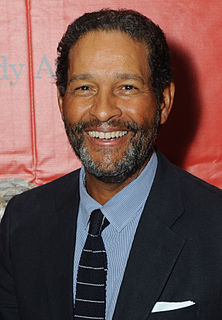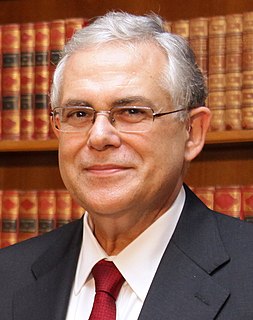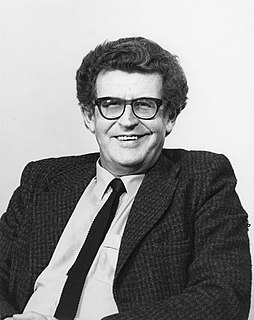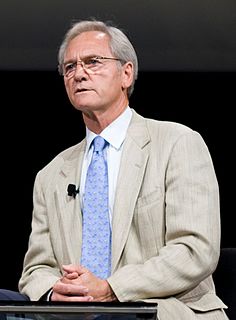A Quote by John Redwood
My main argument against staying in the E.U. has been the poor economic record of the E.U. as a whole and the eurozone in particular. The performance has got worse the more the E.U. has developed joint policies and central controls.
Related Quotes
If they understand, which I believe they really are sensing, that the alternative the Republicans have been offering is to repeal what we've done, to go back to Bush policies - and if you asked the public what would you prefer, Bush economic policies or Obama economic policies, they take and prefer Obama economic policies.
If the central contest of the twentieth century has pitted capitalism against socialism, then F. A. Hayek has been its central figure. He helped us to understand why capitalism won by a knockout. It was Hayek who elaborated the basic argument demonstrating that central planning was nothing else but an impoverishing fantasy.
I had been secretary of state for eight years, attorney general for four years, lieutenant governor for four years, and governor for four years - I had all these friends around the country - so I thought I could gin up a campaign not for me but against George W. Bush, against his war, against his economic policies, and against his education policies.
The main things to rebel against - over-production, too much technology, overthinking. It's a spoiled mentality; everything is too easy. If you want to record a song, you can buy Pro Tools and record four hundred guitar tracks. That leads to overthinking, which kills any spontaneity and the humanity of the performance.
The argument for collectivism is simple if false; it is an immediate emotional argument. The argument for individualism is subtle and sophisticated; it is an indirect rational argument. And the emotional faculties are more highly developed in most men than the rational, paradoxically or especially even in those who regard themselves as intellectuals.
The issue here is this, that the Government's argument at the present moment is the argument that now the war is over, terrorism is defeated, we have to focus on economic development which in the north and east particular, being the areas where the war was fought, development has to proceed at a pace. That people from those parts of the country are leaving seems to suggest a lack of confidence and certainty in the trajectory of this kind of economic development.


































